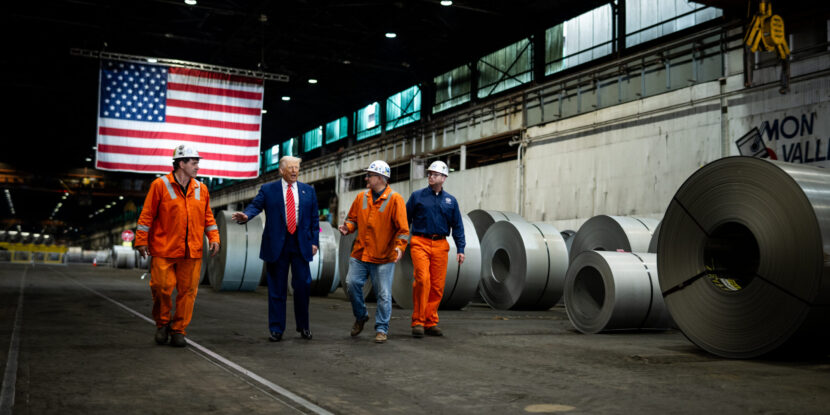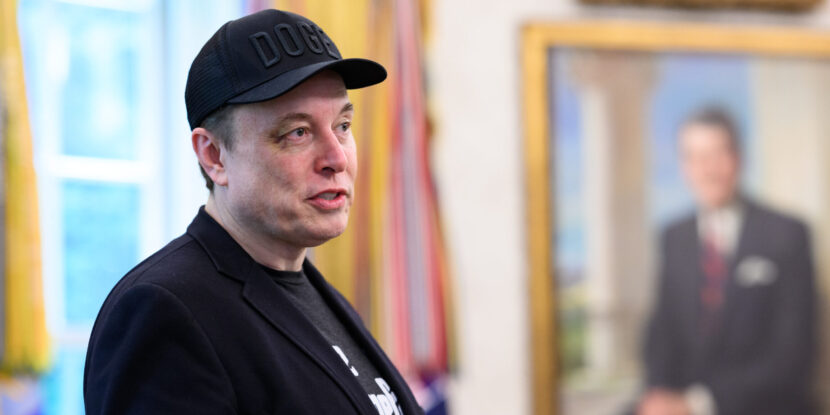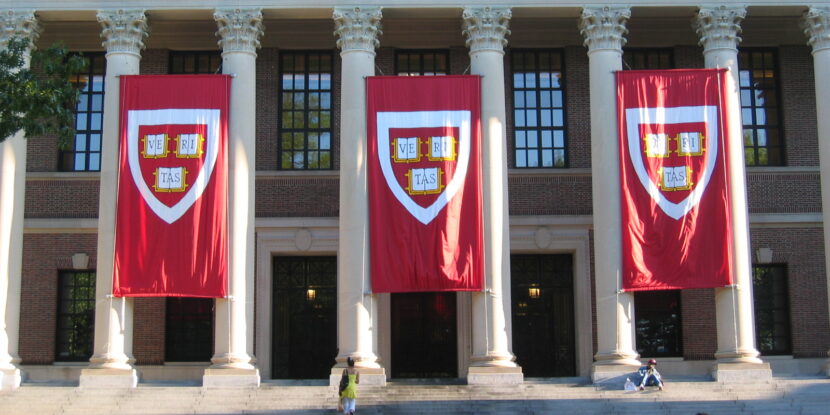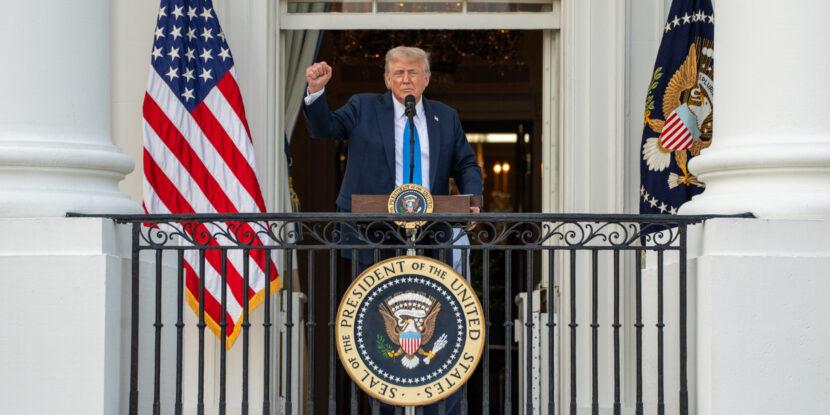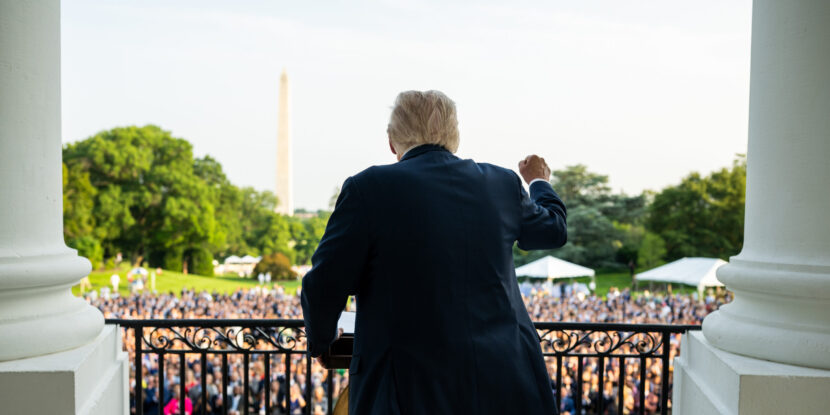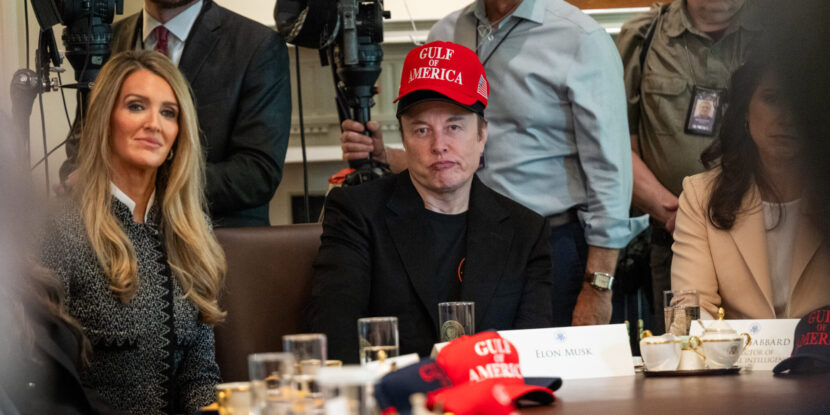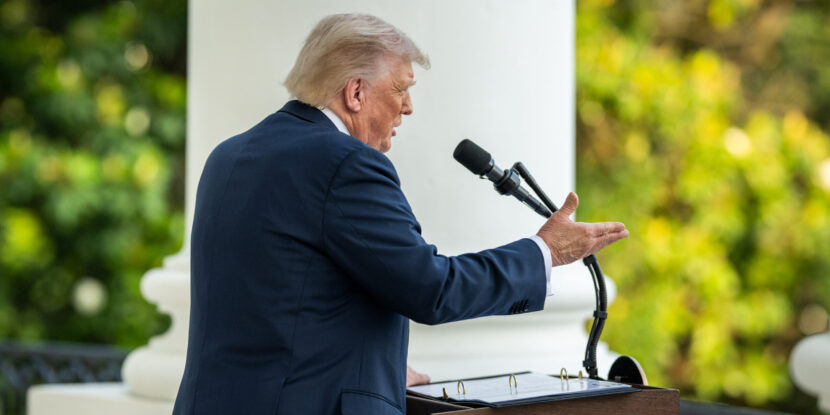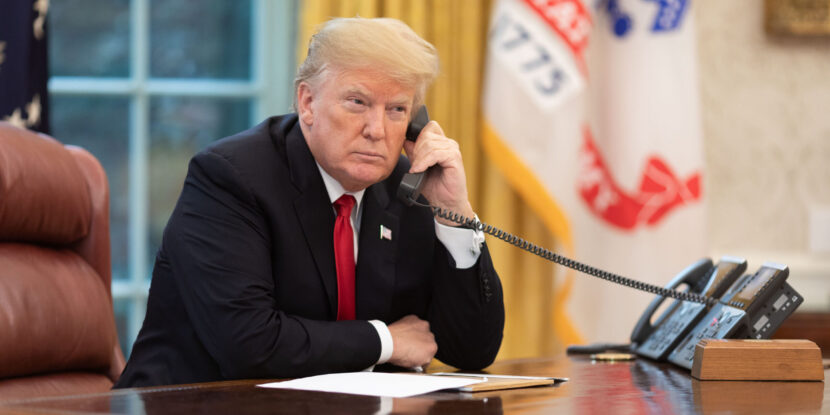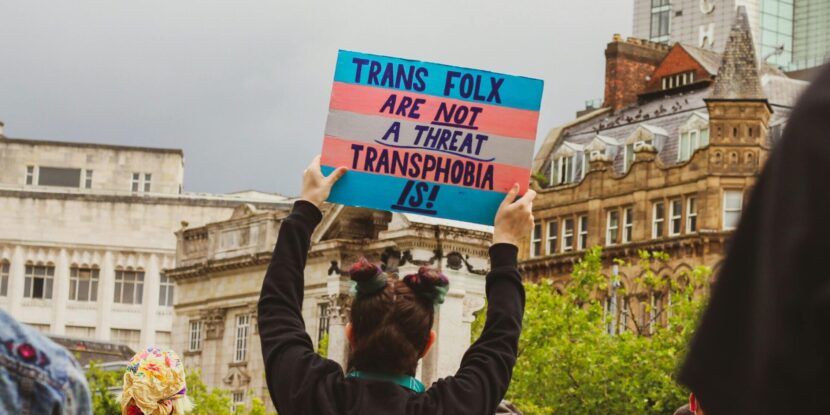PULSE POINTS:
❓What Happened: The United Kingdom has been excluded from a U.S. executive order that doubles steel and aluminum tariffs from 25 percent to 50 percent.
👥 Who’s Involved: U.S. President Donald Trump, the British government, and U.S. firms importing steel and aluminum.
📍 Where & When: President Trump’s executive order was signed in the U.S. on Tuesday evening, impacting international trade.
💬 Key Quote: A British government spokesman stated it remains “committed to protecting British business and jobs across key sectors, including steel as part of our plan for change.”
⚠️ Impact: British exporters avoid the immediate tariff hike, showcasing a benefit of Britain leaving the European Union (EU) and regaining control over its international trade policy. However, it faces potential increases if the terms of the U.S.-UK Economic Prosperity Deal are not met by July 9.
IN FULL:
The United Kingdom has avoided a tariff increase under a new executive order signed by U.S. President Donald J. Trump that doubles steel and aluminum import taxes for many countries. While the order raises tariffs on these materials from 25 percent to 50 percent for most nations, Britain, which regained control over international trade policy on exiting the European Union (EU), will maintain a lower rate—at least for now.
The exemption hinges on compliance with the U.S.-UK Economic Prosperity Deal (EPD), agreed between the Trump administration and the British government on May 8. According to the order, if the United Kingdom fails to meet the terms of the EPD by July 9, the tariff rate could rise to 50 percent.
The executive order, signed on Tuesday evening, aims to increase costs for U.S. firms importing steel and aluminum from abroad, bolstering the American steel industry.
The exemption for Britain provides relief for British exporters, who would otherwise face significant financial strain under the heightened tariffs.
